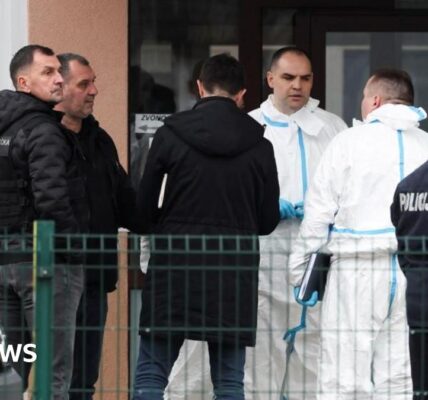In recent years dozens of activists fleeing repression in Cambodia, Vietnam, Laos and Thailand have been sent back after seeking sanctuary, or in some cases have been killed or disappeared. Human rights groups believe there is an unwritten agreement between the four neighbouring countries to allow each other’s security forces to pursue dissidents over the border.
Last November Thailand sent six Cambodian dissidents, together with a young child, back to Cambodia, where they were immediately jailed. All were recognised by the United Nations as refugees. Earlier in the year Thailand also sent a Vietnamese Montagnard activist back to Vietnam.
In the past Thai anti-monarchy activists have been abducted and disappeared in Laos, it is widely presumed by Thai security forces operating outside their own borders. In 2020 a young Thai activist who had fled to Cambodia, Wanchalerm Satsaksit, was abducted and disappeared, again it is assumed by Thai operatives.
The Cambodian authorities did little to investigate, and announced last year that they had closed the case. It is possible the same will now happen in the case of Lim Kimya.
“Thailand has presided over a de facto ‘swap arrangement’,” says Phil Robertson, director of the Asia Human Rights and Labour Advocates in Thailand.
“Dissidents and refugees are traded for political and economic favours with its neighbouring countries. The growing practice of transnational repression in the Mekong sub-region needs to be stopped in its tracks.”
When the US and UK-educated Hun Manet succeeded his father as Cambodia’s prime minister there was some speculation over whether he might rule with a lighter hand. But opposition figures are still being prosecuted and jailed, and what little space was left for political dissent has been almost completely closed.
From his semi-retirement the figure of Hun Sen still hovers over his son’s administration; he is now calling for a new law to brand anyone trying to replace him as a terrorist.
Thailand, which lobbied hard for, and won, a seat on the UN Human Rights Council this year, will now be under pressure to show that it can bring those behind such a brazen assassination on the streets of its capital to justice.





